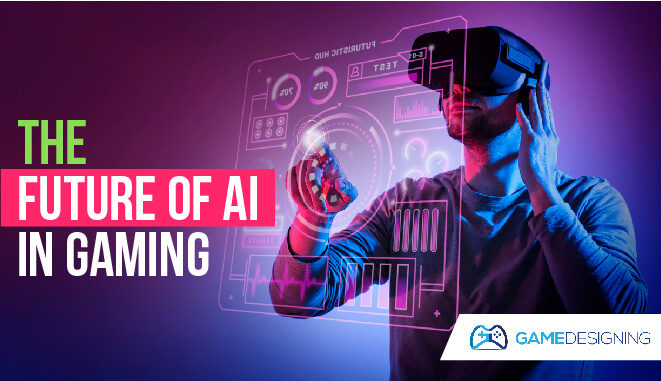MBA 6101 - Week 7: Post 2: How does AI Impact Gaming?
How does AI Impact Gaming?
AI has a significant impact on gaming and has revolutionized various aspects of the gaming industry. From how games are played, to in game features, AI is making a major impact in not only the performance, but popularity of gaming. Here are some ways in which AI influences gaming:
first up is what gamers like the call NPCs or better known as non-player characters. AI enables the creation of intelligent and realistic NPCs that can exhibit complex behaviors, make decisions, and interact with players more dynamically. This enhances the overall gaming experience by providing more engaging and lifelike interactions while helping with the process of the game flow for users. Similarly, AI can help with procedural generation. AI uses algorithms that can generate game content procedurally, such as terrain, levels, quests, and items. This reduces the need for manual content creation, allowing developers to create vast and diverse game worlds more efficiently.

Next, AI has the ability of implementing adaptive difficulty. AI can dynamically adjust the game's difficulty based on the player's skill level, ensuring a challenging but not frustrating experience. This adaptive difficulty system adapts to the player's performance, providing a personalized and balanced gameplay experience. Likewise, AI can help track player analytics. AI algorithms can analyze vast amounts of player data to gain insights into player behavior, preferences, and engagement patterns. Developers can leverage this information to tailor game experiences, optimize monetization strategies, and deliver personalized content to players.
Lastly, AI can even be used outside of the in-game experience. Through aspects like game testing and quality assurance, AI can help automate game testing and quality assurance processes. It can simulate player behavior, identify bugs, and optimize game performance all of which speeds up the testing phase, reduces human effort, and enhances game quality. Likewise, AI can assist in the proactive game design phase. AI can aid game designers in creating new game mechanics and systems. By using machine learning techniques, AI can generate novel gameplay elements and assist in the design process, sparking creativity and innovation.
These are just a few examples of how AI impacts gaming both within and outside the game itself. As AI continues to advance, we can expect even more exciting applications and innovations in the gaming industry that will take the world and sport of gaming to the next level.
Comments
Post a Comment